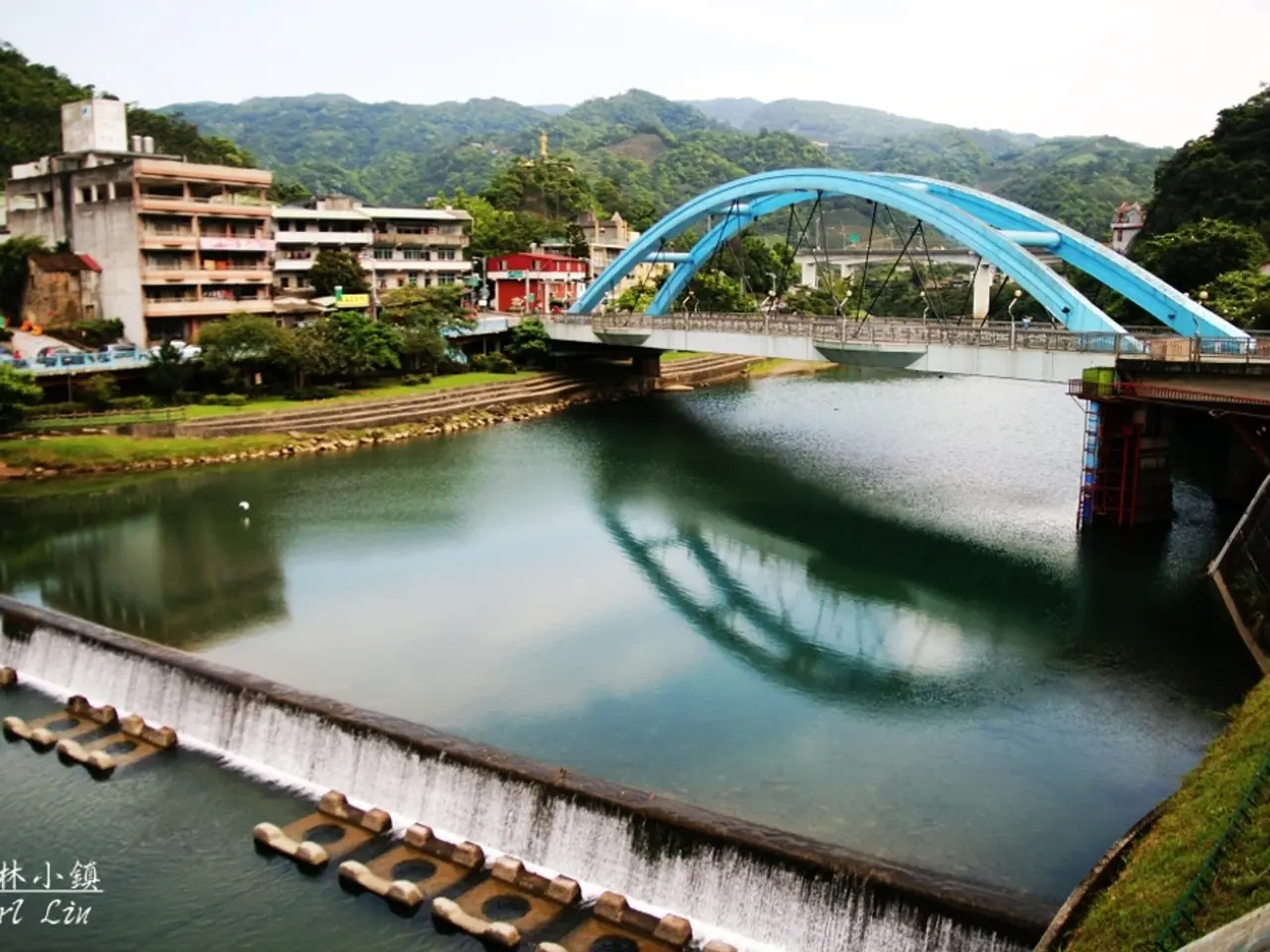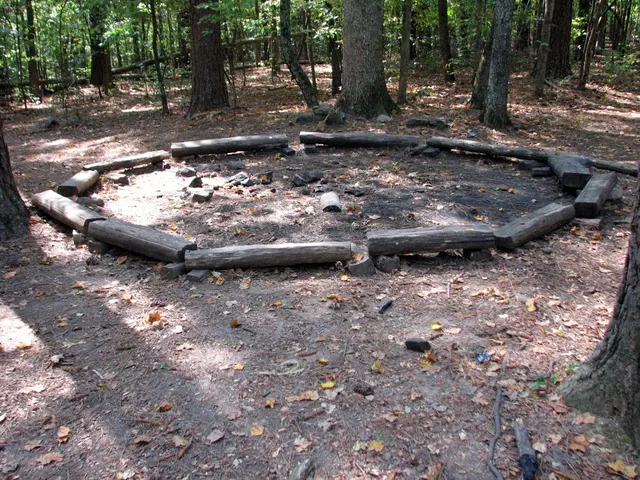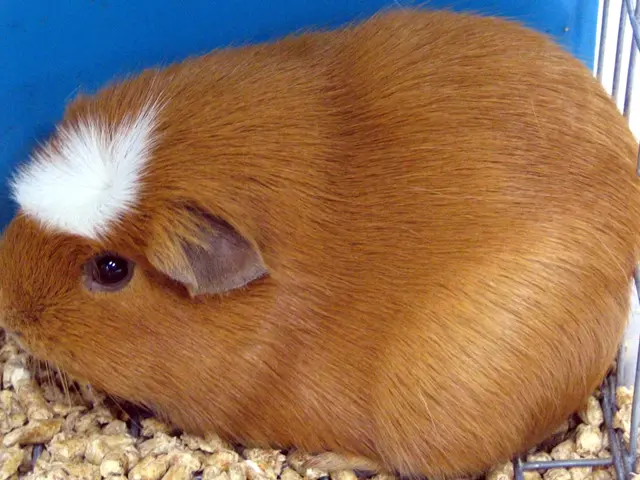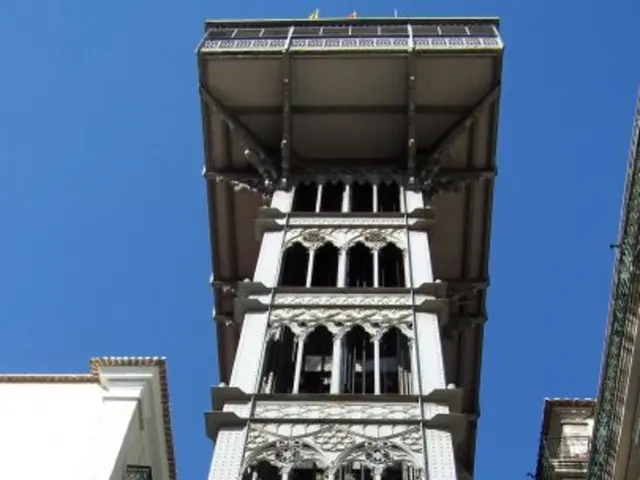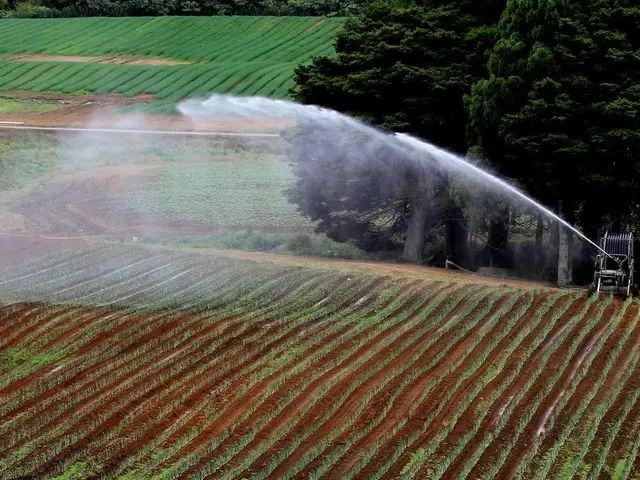Chinese Gold Miners Alleged for Plundering and Ecological Ruin in the Congo (DRC)
In the Democratic Republic of Congo (DRC), tensions over land use in the Haut-Uélé province have escalated due to illegal gold mining operations. According to a report by the nonprofit organisation PAX, these operations have been led by Chinese miners and their Congolese partners, with the protection of Congolese army and police officers.
The report documents the use of heavy machinery and large-scale excavations, with entire riverbeds moved. Semi-industrial gold mining operations have devastated at least 155 miles of rivers and streams in Haut-Uélé, posing a danger to locals who cannot swim and causing a major problem with access to clean water. Residents have to pay for water or risk using polluted water, which has become a significant concern in affected areas.
The PAX researcher stated that conducting research in the DRC is often difficult, and accessing illegal mining sites was especially challenging due to security forces blocking access. In some cases, local officials responsible for overseeing mining operations in the region have been denied access.
The mining pits, unlike the shallow rivers and streams, pose a danger to locals who have reported incidents of drowning in flooded mining pits, which are unexpectedly deep. This has led to a tragic loss of life, with one mother of eight telling researchers that a machine destroyed her field in 2022, leaving her with a small part to survive on.
China has invested heavily in the DRC through its Belt and Road Initiative, providing over $11 billion in loans to the DRC government since 2000, with the largest share going to mining and construction projects. However, the report found that the documented gold mining operations took place without the necessary governmental permits.
China's Foreign Ministry and the Chinese embassy in Washington have stated that they require Chinese nationals abroad to abide by local laws and regulations and to refrain from any illegal activities. Despite this, there is no publicly known information about Chinese companies responsible for illegal, semi-industrial gold mining in Haut-Uélé. The DRC embassy in Washington, D.C., did not respond to a request for comment.
The impacted waterways drain into the Congo River, part of the larger Congo Basin, a crucial counterweight to global warming and home to endangered and endemic species like pangolins, gorillas, and okapi. Mining operations have severely damaged local farmers' fields without providing proper compensation, pushing many deeper into poverty.
The report's findings highlight the urgent need for transparency and accountability in the DRC's mining sector. It calls for the DRC government to take action to stop these illegal operations, ensure the safety and well-being of its citizens, and protect the environment. The report also calls on the international community, including China, to support these efforts and hold companies accountable for their actions.
Read also:
- Celebrated Title: Cheesemakers Blessed Upon
- Construction and renovation projects in Cham county granted €24.8 million focus on energy efficiency
- Threat looms over an ancient rock art site in Australia as the government prolongs the existence of a giant gas facility nearby
- Weekly proceedings in the Federal Diet (Bundestag)
